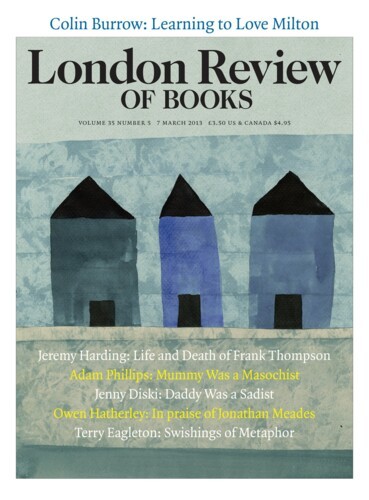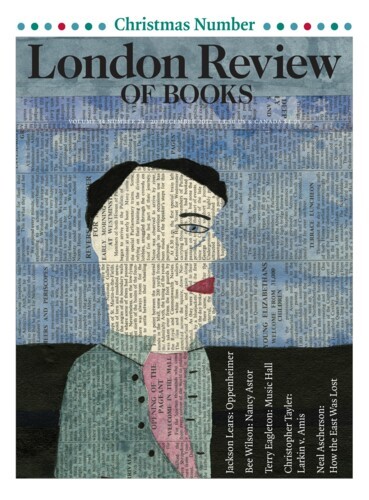From The Blog
6 February 2013
We should all use language carefully. That is an obligation on the literate. But carefully doesn’t mean fearfully. There is a danger that concern about insensitive use of language can be cynically used to muddy reasonable debate about political issues, and close down criticism. The Liberal Democrat MP for Bradford East, David Ward, has been under pressure and finally apologised for saying at a Holocaust Day ceremony: I am saddened that the Jews, who suffered unbelievable levels of persecution during the Holocaust, could within a few years of liberation from the death camps be inflicting atrocities on Palestinians in the new State of Israel and continue to do so on a daily basis in the West Bank and Gaza. Ward failed to specify that the Jews he was talking about are those who agree with destroying the livelihoods of Palestinians, building Israeli settlements on much-reduced Palestinian land, and with Israel retaliating incommensurately against Palestinian provocations, rather than considering and dealing with the reasons for them. Ward’s statement doesn't seem to me to refer to me or anyone else who is Jewish and does not support Israeli policies in Palestine. He was wrong; he shouldn’t have conflated ‘the Jews’ with ‘Israel and its supporters’ – or, to put it another way, me with Netanyahu. But that doesn't mean he didn't have a legitimate (if naive) point, that the memory of what the Jews went through ought to give Israeli politicians pause for thought before subjecting other groups to persecution. As a Jew I've thought so with great sadness myself, while understanding that the argument about Israel must be a political one.
6 February 2013




